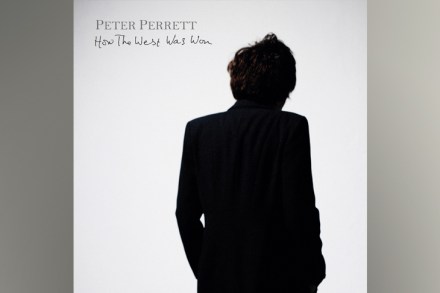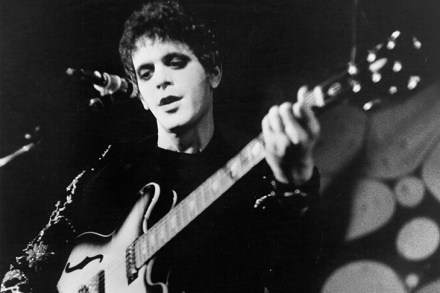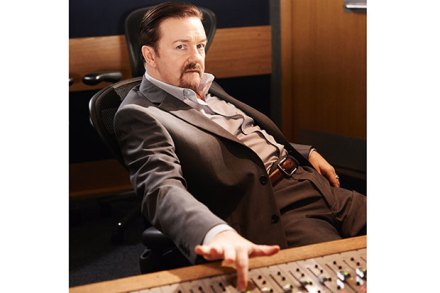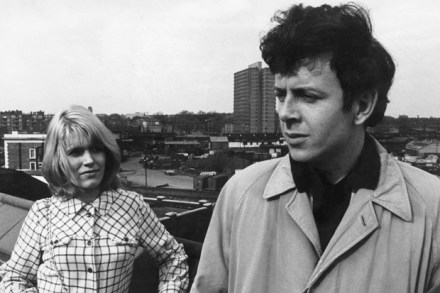Man and boy | 23 November 2017
In the last week of October, the middle-aged Baxter Dury and the boy Baxter Dury were brought together. The 45-year-old man released his fifth album, Prince of Tears, his best so far. The five-year-old boy, meanwhile, appeared on the cover of New Boots and Panties!!, by his father Ian Dury, released in 1977, but re-released in a bells-and-whistles deluxe edition the same day Prince of Tears came out. You wouldn’t listen to Prince of Tears and conclude that Baxter was Ian’s son, but once you know they are related it becomes hard not to hear generational echoes. The opening song, ‘Miami’, is the kind of wrong-un character study that the



















